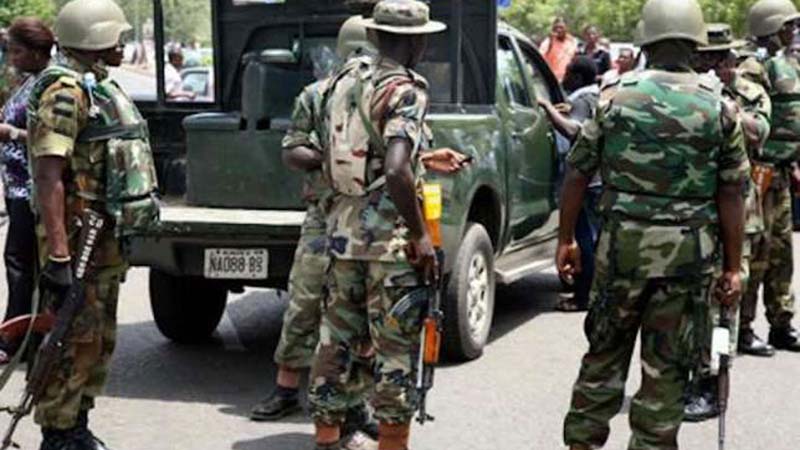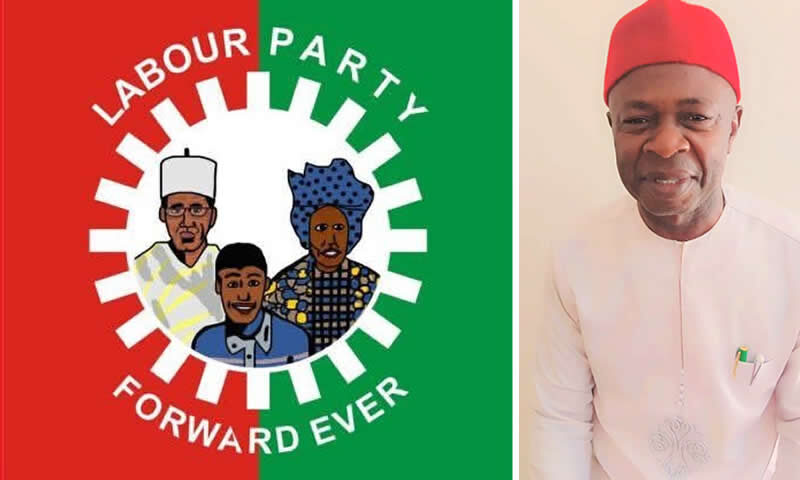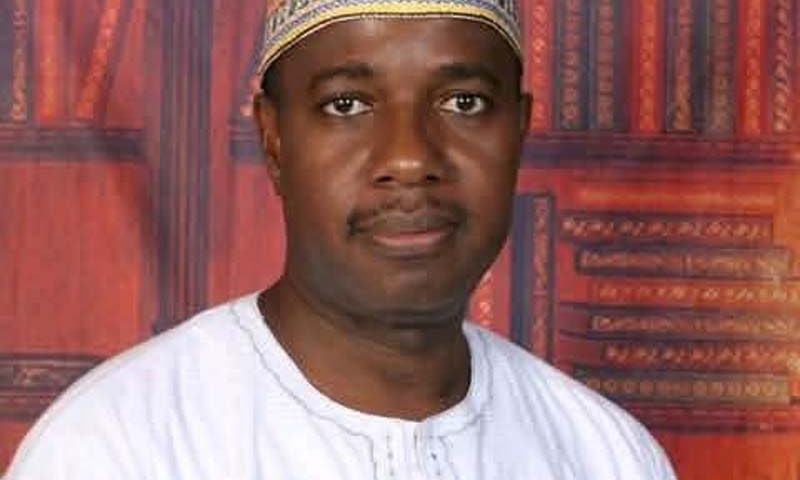“Many in the military complain of unpaid salaries, poor conditions, and rampant impunity. But profit alone doesn’t explain the willingness to arm terrorists. There is a deeper moral breakdown”
In a country ravaged by multiple armed conflicts, the greatest threat to Nigeria’s survival may not be its enemies in the forests and deserts—but those in uniform who betray it from within.
In May, Nigerian military authorities arrested more than 30 soldiers and police officers for allegedly stealing weapons from official stockpiles and selling them to armed groups—including jihadists who have terrorized the country’s northeast for more than a decade. It’s a revelation that should shake the conscience of the nation and ignite urgent debate across the continent about the internal collapse of security institutions tasked with protecting civilians.
What does it mean when those trained and paid to defend the people are instead supplying arms to those who abduct schoolchildren, kill farmers, ambush aid convoys, and bomb mosques?
It means the line between protector and predator is vanishing. And for Nigeria, that should be an existential alarm.
WEAPONS MEANT TO PROTECT, NOW FUELING TERROR
While full details remain guarded, multiple sources suggest the suspects were part of a network that funneled weapons and ammunition from military armories directly into the hands of violent non-state actors—some affiliated with jihadist movements like Boko Haram and ISWAP (Islamic State West Africa Province). These are the same groups responsible for tens of thousands of deaths and the displacement of over two million people.
The tragedy is layered. Not only are state weapons being used to wage war against the very state that issued them, but communities already traumatized by terror now face the added psychological weight of betrayal—knowing that their attackers may be armed with bullets bought by taxpayers and trafficked by their own defenders.
A PATTERN OF COMPLICITY
This isn’t a one-off scandal. Nigerian troops have long whispered of compromised commanders, mysteriously vanished arms, and saboteurs within their ranks. In past operations against Boko Haram, soldiers have complained of being “set up” by leaks, leading to deadly ambushes.
WHY DOES THIS KEEP HAPPENING?
Corruption is part of the answer. Many in the military complain of unpaid salaries, poor conditions, and rampant impunity. But profit alone doesn’t explain the willingness to arm terrorists. There is a deeper moral breakdown at play—one born of years of eroded discipline, unaccountable leadership, and a political class more focused on power than protection.
A NATIONAL AND REGIONAL THREAT
What’s happening in Nigeria is not isolated. Across Africa’s Sahel region, military instability, arms trafficking, and fractured loyalties have fueled insurgencies that feed on state weakness. In Mali, Burkina Faso, and Niger, military have splintered, coups have become frequent, and jihadist groups have capitalized on the chaos.
Nigeria is not yet in free fall—but cases like this are cracks in the wall.
Each stolen rifle makes the job of humanitarian workers harder. Each diverted bullet pushes a displaced family farther from home. Each act of internal sabotage pushes the country closer to ungovernability.
And yet, the response from Nigerian authorities so far has been muted. A few detentions. No public trials. No sweeping reforms. No military reckoning. The silence is dangerous.
ACCOUNTABILITY IS NOT OPTIONAL
If Nigeria is to survive its security crisis, it must confront the rot within. That means public trials of those implicated in this arms-for-profit network—not secret courts-martial buried in bureaucratic darkness. It means auditing military stockpiles and command structures. It means breaking the culture of silence that shields betrayal in the name of protecting national image.
This is not a time for patriotic denial. It is a time for radical honesty.
Nigerians deserve to know how weapons intended for their safety ended up in the hands of those who kill them. They deserve an army and police force that upholds its oath—not sells it to the highest bidder.
THE PEOPLE DESERVE BETTER
At the heart of this crisis are ordinary Nigerians. Farmers in Borno afraid to return to their fields. Mothers in Zamfara whose children were abducted at gunpoint. Traders in Abuja who wonder if their next journey will be their last. These are the people betrayed—not just by insurgents, but by institutions that no longer seem to care who wins, so long as someone profits.
In a democracy, security forces are not above the people—they are accountable to them. And when they betray that sacred trust, justice must not be delayed. Because what is at stake is more than territory or political control. What’s at stake is the soul of the nation.






